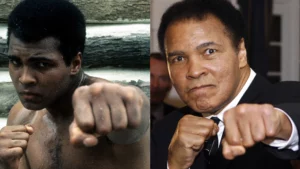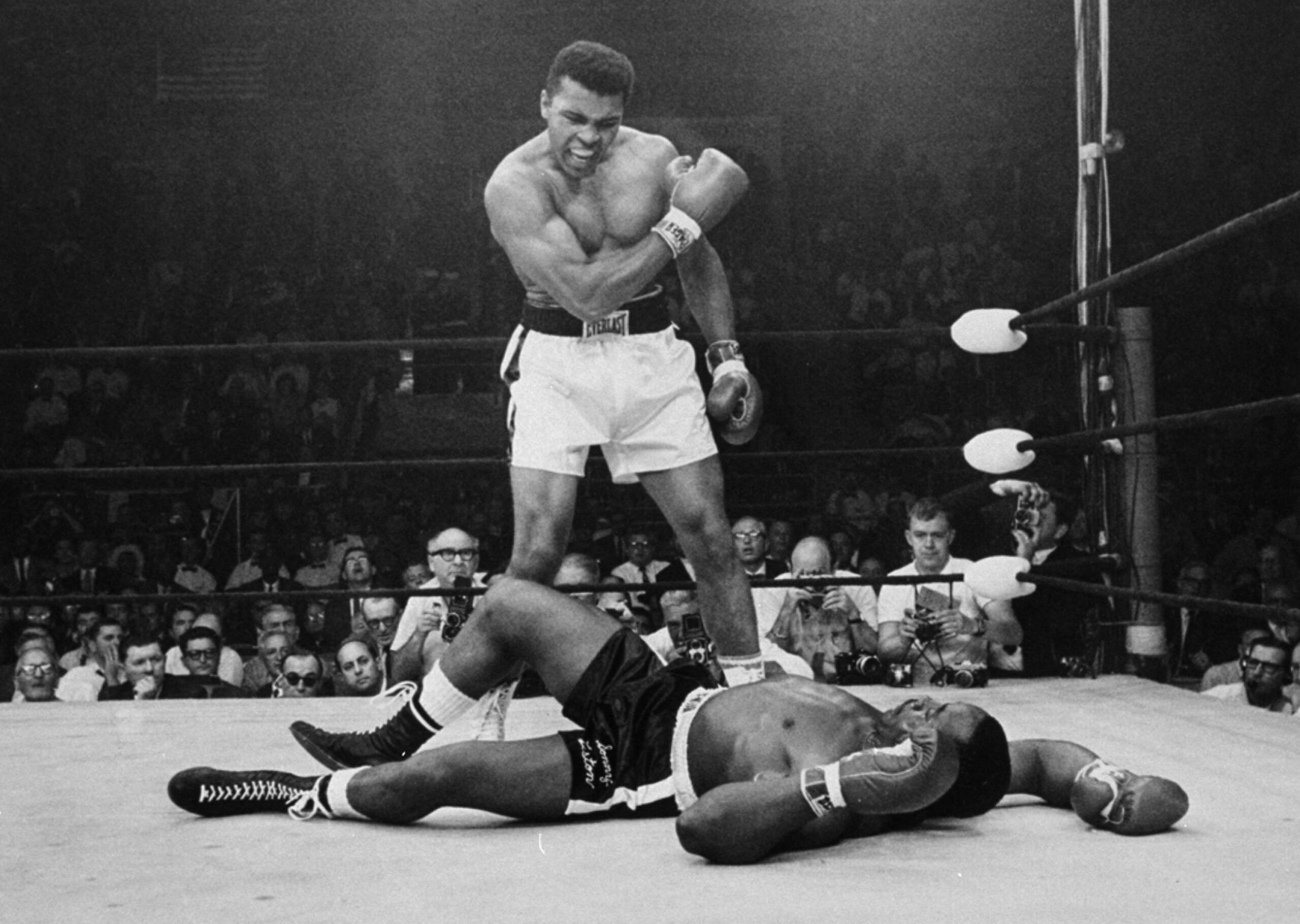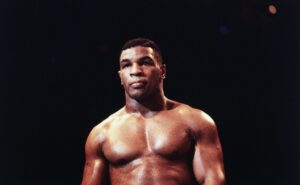The Greatest Muhammad Ali
Muhammad Ali, born Cassius Clay, was not only a boxer; he was a social and cultural force. With his quick wit, unparalleled boxing skills, and fearless personality, Ali became an inspiration to many both inside and outside the boxing ring. His influence extended far beyond his athletic achievements, as he used his platform to champion civil rights and speak out against injustice.

Ali’s approach to boxing was revolutionary. He danced in the ring, gracefully dodging opponents’ punches, and delivering lightning-fast jabs and powerful hooks. His footwork was a thing of beauty, allowing him to move effortlessly around the ring, frustrating and outsmarting his opponents.
The fights between Ali and his rivals were legendary, most notably the “Rumble in the Jungle” against George Foreman and the “Thrilla in Manila” against Joe Frazier. These matches showcased Ali’s incredible resilience, strategy, and sheer determination. Ali’s legacy as one of the greatest boxers of all time is firmly established, forever etched in the annals of boxing history.
The “Iron” Mike Tyson
In the 1980s and 1990s, no boxer struck fear into the hearts of his opponents quite like Mike Tyson. Known for his incredible punching power and intimidating presence, Tyson became the youngest heavyweight champion in history at the age of 20. His aggressive style and devastating knockouts left audiences in awe.
Tyson’s fights were often over in the blink of an eye. His perfect combination of speed, strength, and precision made him a formidable force in the ring. The aura of invincibility surrounding Tyson was shattered when he faced unexpected defeats, most notably against Buster Douglas and Evander Holyfield.
Despite his struggles outside the ring, Tyson’s impact on the sport cannot be denied. His fights were spectacles, drawing enormous crowds and capturing the imagination of fans around the world. Tyson’s rise to stardom and his subsequent fall from grace is a testament to the complexity of the sport and the pressures faced by its athletes.
The Sweet Science: The Art and Science of Boxing
While boxing may appear to be a simple sport on the surface, there is an intricate science behind every punch and every movement in the ring. Known as the “sweet science,” boxing combines athleticism, strategy, and technical skill to create a truly captivating spectacle.
Footwork is an essential aspect of boxing. A boxer’s ability to efficiently move around the ring allows them to maintain distance, evade punches, and set up their own attacks. Footwork also contributes to a boxer’s balance and power, allowing them to generate maximum force behind their punches.
Defense is equally important in boxing. The ability to slip, parry, and block incoming punches can be the difference between victory and defeat. Boxers must constantly remain vigilant and use their reflexes and anticipation to avoid being hit while simultaneously looking for opportunities to counterattack.
Lastly, boxing is about the art of hitting without being hit. Boxers must carefully calculate their punches, using perfect technique and timing to maximize their impact while minimizing the risk of retaliation. It is this delicate balance between offense and defense that truly defines the sweet science.
Conclusion
In conclusion, boxing legends like Muhammad Ali and Mike Tyson have not only left an enduring legacy in the sport but have also become cultural icons. Their distinct styles, unparalleled skills, and larger-than-life personalities have captivated audiences for generations. Behind the glory and fame, the science of boxing lies, an intricate blend of athleticism, strategy, and technical mastery. As we continue to witness the evolution of the sport, it’s essential to remember and celebrate the legends who have paved the way for today’s boxers. Finally, the sweet science of boxing continues to inspire and excite, captivating fans around the world.



